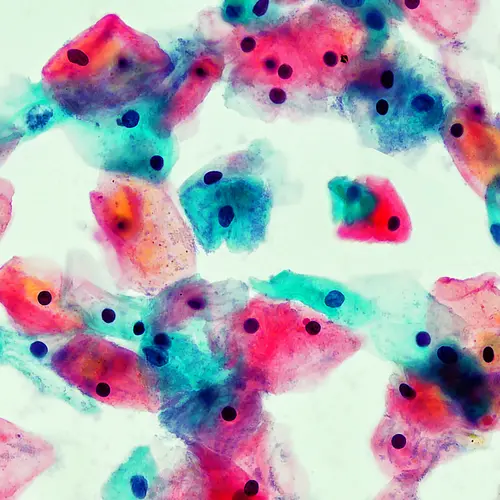Finding out that you have gastrointestinal stromal tumor (GIST) can feel overwhelming, especially since it is such an uncommon type of cancer. You may have questions about how your life will change, how the cancer and its treatment will affect you, and how your job and relationships will be impacted.
Gastrointestinal stromal tumor is a type of cancer known as a soft tissue sarcoma that affects the GI tract. However, GIST has become a treatable disease over time. Maintaining a healthy lifestyle and following doctor’s orders will help improve your treatment experience.
Dealing With GIST Symptoms and Side Effects
The symptoms of GIST can have a large impact on your life because they affect your GI tract. You may have severe pain in your abdomen. Eating may become difficult due to nausea, stomach pain, and a feeling of fullness. You may feel fatigue, which may affect your activities of daily living.
GIST treatment may have side effects as well. Talk to your doctor if symptoms or treatment side effects persist or become severe or when symptoms interfere with your life. Talk to your health care provider about any treatment side effects so that your doctor can prescribe supportive medication to help relieve treatment-related symptoms.
Staying Healthy With GIST
Diet
Eating the right foods is very important when you have GIST. Here are some tips for eating with GIST:
- The surgery used to treat GIST can cause food to move through the GI tract too quickly. This is known as "dumping syndrome." As a result, you may find it is difficult to eat three large meals a day. If digestion is a problem, try to eat smaller mini-meals or portions every two to three hours.
- After surgery, vitamin and mineral deficiencies may develop due to a lack of absorption. Therefore, supplements may be helpful. Talk to your doctor about which supplements may be helpful for you.
- Limit sugary foods and excess fluids, as these can worsen symptoms. Adding more complex carbohydrates and protein to the diet may help you feel better.
- See a dietitian if possible. A dietitian can help you plan a menu of foods that are more agreeable to the GI tract.
Exercise
Fatigue may occur, either from the cancer, or from treatment or both. If fatigue is present, exercise may be helpful to maintain physical and emotional fitness. Prior to exercising, get medical clearance, a proper exercise program, and exercise limitations.
Rest
To deal with the exhaustion from GIST, get enough rest every day. Sleep for at least 8 hours each night and take short naps during the day if needed. Schedule activities so as to do only as much as can be handled. Choose the time of day when you feel the most energetic. Ask friends and family for help.
Plan a work schedule around GIST. Work flexible hours and take breaks. If possible, take a leave of absence from work. Under the Family and Medical Leave Act, there may be eligibility for up to 12 weeks of leave because of the illness.
Your Emotional Health
Cancer affects more than just your body. Your emotional and mental health may be impacted as well. The uncertainty of treatment, treatment outcome, concerns about the cancer returning, and the effects of GIST on family and friends can also be stressful.
Ask for help when dealing with GIST. Family members, friends, spiritual organizations, online support communities, and cancer support groups can all be useful support systems. Reach out to a psychologist or therapist to help you deal with challenges. As tempting as it may be, don’t isolate yourself. Stay involved with friends and try to connect with other people who are dealing with similar challenges.

